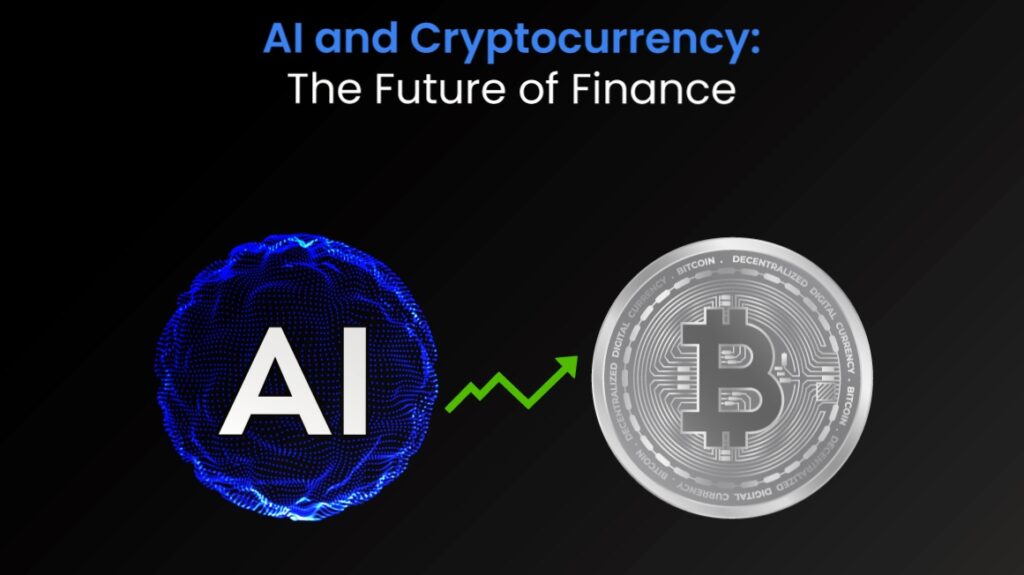Exploring the Impacts of Artificial Intelligence on Financial Opportunities
Introduction to Artificial Intelligence:
AI, short for Artificial Intelligence, refers to the simulation of human intelligence processes by machines, particularly computer systems. These processes include learning, reasoning, problem-solving, perception, and language understanding. AI enables machines to perform tasks that typically require human intelligence, such as visual perception, speech recognition, decision-making, and language translation. AI technologies encompass various approaches, including machine learning, neural networks, natural language processing, computer vision, and robotics. The goal of AI is to create systems that can mimic human cognitive abilities and perform tasks autonomously, ultimately enhancing efficiency, productivity, and innovation across diverse industries and applications.

AI in various sectors:
In today’s dynamic landscape, artificial intelligence (AI) is revolutionizing various sectors with its transformative capabilities. From healthcare to finance and manufacturing to transportation, AI is reshaping the way businesses operate and interact with customers. In healthcare, AI algorithms analyze medical data to facilitate faster diagnoses and personalized treatment plans. In finance, AI-powered tools optimize trading strategies and detect fraudulent activities with unprecedented accuracy. Additionally, in manufacturing, AI-driven automation streamlines production processes, enhancing efficiency and reducing costs. The pervasive influence of AI across diverse industries highlights its potential to drive innovation and fuel progress in the modern world.
Impact of AI on investment processes:
AI helps to upgrade the investment processes as machines can process more information than humans. Increased time can be spent by analysts on interpretation and not collation of data. AI/ML systems have made major advances over the past decade. Although the development of a machine with the capacity to understand or learn any intellectual task that a human being performs is not within immediate grasp, today’s AI systems can perform quite well tasks that are well defined and normally require human intelligence.
The learning process, a critical component of most AI systems, takes the form of ML, which relies on mathematics, statistics, and decision theory. Advances in ML and especially in deep learning algorithms are responsible for most of the recent achievements, such as self-driving cars, digital assistants, and facial recognition.
Compared to the investment management industry, the penetration of AI/ML in banking has been slower. The banking industry has traditionally been at the forefront of technological advancements (for example, through the introduction of ATMs, electronic card payments, and online banking). However, confidentiality and the proprietary nature of banking data have slowed AI/ML adoption.

The advancement of artificial intelligence is predicted to have a significant influence on the cryptocurrency market’s future growth. Over the last few years, the crypto business has experienced significant growth, gaining many new clients from all over the world. The fact that it is easy for crypto beginners to get started is one of the reasons why the market is extremely popular, and the advancement of artificial intelligence may make it even easier for users to begin trading cryptocurrency.
There is a slew of cryptocurrency exchanges on the market that allow traders to take advantage of algorithmic trading. This is a fantastic deal for individuals who don’t have enough time to keep an eye on the market or just don’t have enough understanding and expertise with cryptocurrency trading. These individuals may easily obtain an auto trader bot and allow it to benefit on their behalf. As the industry expands, more and more automated trading robots for cryptocurrency trading are being developed.
